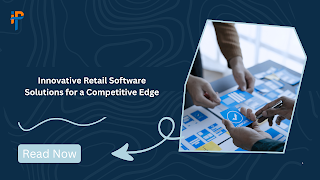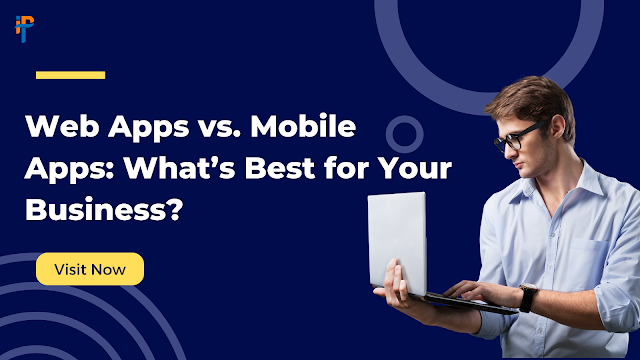
Innovative Retail Software Solutions for a Competitive Edge Innovative Retail Software Solutions for a Competitive Edge In the digital age, retail success is no longer driven by product variety or location alone—it’s powered by technology . Customers now demand fast, seamless, and personalized experiences across every channel, while businesses face increasing pressure to operate more efficiently, compete online, and scale smartly. To stay ahead, retailers must adopt innovative software solutions that do more than just automate processes—they must create value , enhance agility , and deliver exceptional customer experiences . In short, they must offer a competitive edge . This blog explores how innovative retail software solutions are reshaping the industry, key systems to consider, and how custom technologies help retailers outperform in today's market. The Modern Retail Landscape: Tech-Driven and Experience-Led The evolution of the retail sector is being shaped by three ma...




